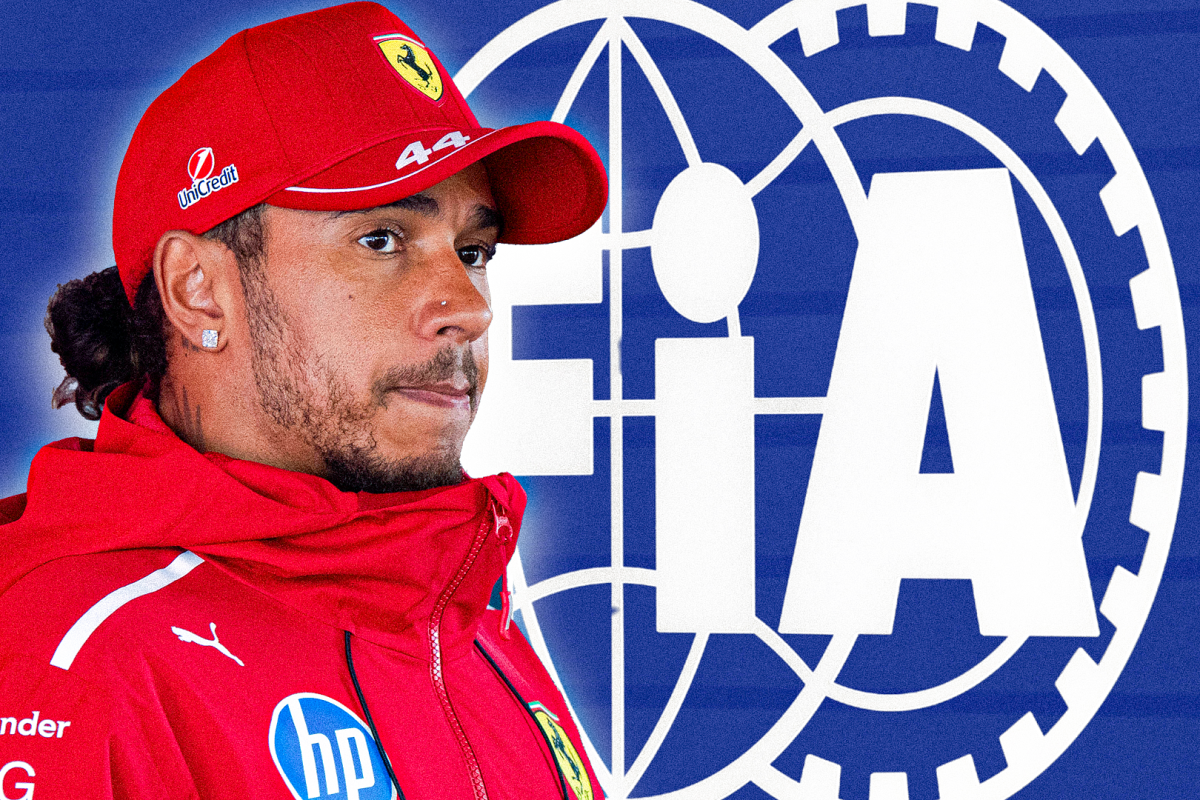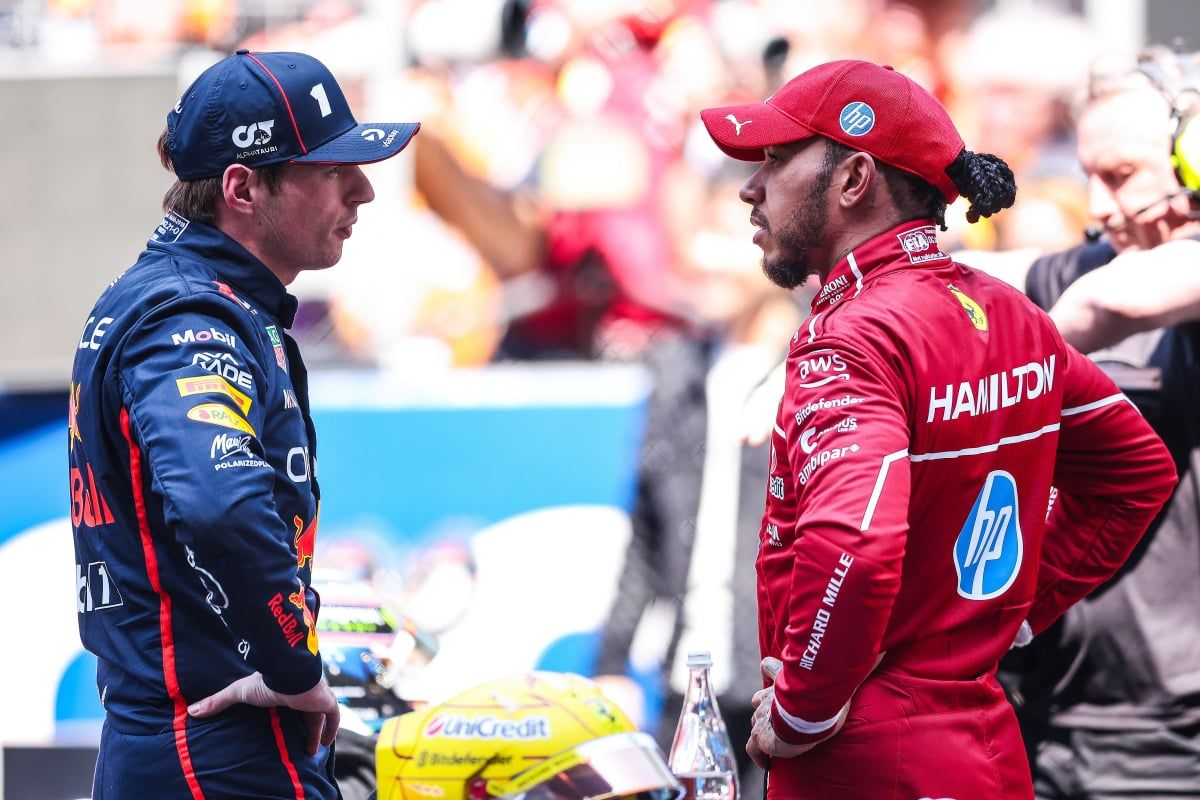FIA Issues Verdict on Max Verstappen Incident at Miami G… read more
The FIA has issued its official verdict following an incident involving Max Verstappen during Sprint Qualifying (SQ) at the 2025 Miami Grand Prix. The Red Bull driver was summoned by the stewards after a contentious moment in SQ2, which initially drew complaints from McLaren’s Lando Norris. Norris alleged that Verstappen had blocked him during a flying lap, though the stewards later clarified that the incident in question occurred during a different session phase.
The Dutchman’s behavior during SQ1 and SQ2 had come under scrutiny. While Norris was vocally critical of Verstappen for apparently holding him up during SQ1, it was in SQ2 that Verstappen was formally investigated. The FIA cited a potential breach of two regulatory provisions: Article 33.4 of the FIA Sporting Regulations and Article 12.2.1 i) of the International Sporting Code. These rules pertain to driving unnecessarily slowly in a potentially dangerous manner and general non-compliance with race conduct expectations.
Article 33.4 explicitly states that a driver must not operate their car at an unnecessarily slow pace, particularly in a way that could endanger or interfere with other competitors. This isn’t Verstappen’s first time under the microscope for such conduct; he received a one-place grid penalty during the 2024 Qatar Grand Prix for a similar infraction after slowing down excessively on a cool-down lap in front of Mercedes driver George Russell.
However, that previous incident differed in a crucial detail — neither Verstappen nor Russell was on a flying lap, which lessened the severity of the penalty. Had either driver been pushing at the time, a harsher three-place grid drop could have been applied. In Miami, similar contextual factors played a role in the stewards’ decision-making process.
Following a comprehensive investigation, the FIA released an official statement outlining the details of the incident. The stewards heard from Verstappen himself, a Red Bull team representative, and reviewed a range of evidence including video footage, lap timing data, telemetry, and in-car video.
According to the statement, Verstappen’s car was approximately six seconds above the required minimum time between Safety Car Lines 1 and 2 on one lap in SQ2. However, he complied with the minimum time requirements on all other laps. Telemetry confirmed that Verstappen maintained a consistent speed throughout the lap and did not have other cars in close proximity. This indicated that he was managing his pace based on the delta time displayed in his car.
The investigation further revealed a technical error from the Red Bull team. The car’s internal delta time was incorrectly programmed, showing Verstappen a false target that was offset by about six seconds. Believing he was within the required time, Verstappen adjusted his speed accordingly. Red Bull identified the error after his first cool-down lap and instructed him to correct his pace, which he did on all subsequent laps — a fact confirmed by telemetry data.
Taking all evidence into account, the stewards concluded that Verstappen did not drive “unnecessarily slowly” based on the data and guidance he had at the time. Moreover, he did not impede any other drivers or create a dangerous situation on the track. As a result, the stewards decided that no penalty would be issued to Verstappen personally.
However, the FIA determined that Red Bull was responsible for the timing error displayed in the car and issued the team a formal reprimand. The statement emphasized the team’s accountability in providing accurate data to the driver, especially during competitive sessions where timing regulations are critical.
In their closing remarks, the stewards noted that while the current circumstances did not justify a harsher penalty, similar infractions in different contexts could warrant stricter consequences. This serves as a warning to all teams and drivers to maintain diligence in ensuring compliance with the sport’s technical and sporting regulations.
With the verdict now public, Verstappen will retain his starting position for the sprint race, avoiding a grid drop or time penalty. However, the incident adds to the ongoing narrative of heightened scrutiny on qualifying conduct, particularly as the sport continues to refine its approach to enforcing fairness and safety in close-quarters competition.




